|
I had a really busy week zig zagging across Perth & Kinross and Dundee, before heading south to the Scottish Borders for a visit with Abundant Borders at Eyemouth Allotments and Community Garden and Peelham Farm, Foulden, Berwckshire. Rachael Hamilton MSP joined me for both visits (including a tasty lunch at Odlos in Eyemouth) and we had a really interesting day visiting the sites and discussing pertinent agri-food related issues facing the Scottish Borders and the Good Food Nation Bill. Starting in Eyemouth on a chilly and slightly damp early March morning, we met by Karen Birch (Chief Officer of Abundant Borders) Carol Cooke from the Scottish Borders Council (responsible for green spaces) and 3 of the local Eyemouth Community Garden volunteers. Abundant Borders is a local 3rd sector organisation that are developing a network of community gardens throughout the Scottish Borders. Currently they have 5 community gardens and are in the process of developing an expanded community garden at Eyemouth after recently getting access to, and permission to develop, a piece of land adjacent to the current Eyemouth Allotment site (on which the current small community garden is collocated). Through funding from multiple organisations (private, public and lottery), Abundant Borders is able to provide essential practical, project management, legal, skills development and volunteer management support to the community gardens helping to develop, and embed, them within each local community. Each community garden is supported by a team of local volunteers who are entitled to harvest produce from the garden in exchange for their time and skills and work! Any additional produce not taken by the volunteers is distributed to local food larders to help them with their provision of fresh fruit and vegetables. Getting the opportunity to speak directly to the Eyemouth volunteers highlighted just how important and beneficial their community garden is for them. It is helping them to settle into a new community, giving them accessing to land to grow food, helping with physical and mental health issues, providing a space for positive social interaction and solitude and helping them to address their own food insecurity challenges (caused by long Covid). An interesting issue raised was how the statutory requirement to develop a Scottish Border Council food growing strategy (via the Community Empowerment Act 2015) has helped to drive forward and accelerate food growing in this local authority and that as a result there is now more resource and commitment to expanding the network further. There is also a wider recognition within the council and across the local NHS Trust and Health and Social Care partnership of multiple benefits delivered by such community gardens. The 2nd stop of the day was to visit Denise, Chris and Angus Walton on Peelham Farm. Denise and Chris were new entrants into farming in 1990 starting with a 20 acre smallholding. They grew along the way, acquiring Peelham farm and are now working 650 acres. They choose to develop an organic, pasture for life, high welfare animal production system that delivers high welfare, high nutrient value meat from their cattle, pigs and sheep and reducing significantly their dependency on costly inputs. They also invested in on site butchery and charcuterie facilities to process all their own meat and now have a burgeoning retail operation with a mix of online, farm market and independent retailer (locavore and Abel and Cole) sales. Whilst sales grew during COVID (and they have maintained about 15% of that growth), they have battled with delivery challenges throughout and are currently evaluating a range of solutions to ensure more consistent and affordable delivery for their online sales. They have strong relationships with other organic pasture for life farms in Scotland from whom they buy calves, ewes (for mutton who have finished their reproductive life) and sows (finished their reproductive life and are ideal for charcuterie) and share transport to and from the abattoir they use in Co Durham. Angus, their son, joined the farm partnership in 2015 and is now the principal farm manager who lives on the farm with his wife and 2 children (the next generation!). They have 1 onsite windfarm and smart grid system generating most of the energy requirements for the butchery and charcuterie. They provide onsite craft butchery apprenticeships and currently employ 7 people across the butchery, charcuterie and office. They noted that affordable housing and local transport is a continuing problem for their employees with most having to live in Berwick upon Tweed. They run monthly craft butchery courses for the public and provide mentoring to other farmers looking to transition to more sustainable, less input dependent systems of production. They are active in local, regional, national and international discussions and debates about farming and in particular organic, pasture fed farming and work with many organisations to research and promote the benefits (nutritional; environmental; animal welfare; land (incl. soil), net zero; economic) of organic, pasture fed farming. Spending time on the farm and talking to the Waltons really brought home to me how quickly farms can transition to a low input, more sustainable, high welfare model whilst also remaining economically viable. Of the farms they have recently supported, the transition has taken approximately 4 years and given rising input costs and uncertainty of supply of inputs (feed and fertilisers) there is increasing interest from farmers in such a transition. It really made me think about how transforming the way we farm in Scotland (especially animals) doesn’t need to take a generation. Instead it needs public support farmers through the transitional period and for accessing markets (including public food supply chains) for the high nutrient value, high welfare products being produced. As discussed in other places, Peelham also suffers from a lack of local abattoir services with their animals having to travel to Co Durham (in the North East of England) for slaughter. Investment in local abattoir facilities, certified for organic and capable of handling a range of animals, would be transformational for theirs and other regional farming businesses.
0 Comments
Dispatches from Perth, Kinross and Dundee City
After a short weekend pitstop in Edinburgh to recover from the long, beautiful journey back from Islay, I hit the road again visiting 5 sites across Perth and Kinross and Dundee City. They varied from a large waste management site in Perthshire (Binn Eco Park in Glenfarg, Perthshire), to Tomnha’s Market Garden near Comrie (Tomnha is on Comrie Croft, Perthshire), the Kinross Day Care Centre (supports older people), Broke not Broken (an antipoverty charity and food bank in Kinross), Food Train Dundee (charity that provides shopping and other services to older people who live independently) and the MAXwell Centre (community centre) in Hilltown, Dundee. Jim Fairlie MSP joined me for the visit to Binn Eco Park. Throughout the visits and our onsite discussions, a number of common issues/insights emerged despite the differing nature of the sites visited):
Whilst the organisations visited have some of these in place, the funding that supports is short term and precarious, making it difficult to recruit and commit long term to the initiatives and services provided.
My next stop is the Scottish Borders to learn about its burgeoning community gardens network managed by Abundant Borders. I'll also be looking at how Pelham Farm has developed an organic, pasture for life, high welfare animal production system, invested in on site butchery and charcuterie facilities and their own retail operation, brought the next generation into the farm partnership and is mentoring other farmers looking to transition to more sustainable, less input dependent systems of production. Mary’s Tour
Dispatches from Argyll and Bute After a long transfer from Dumfries and Galloway and plenty of care taken due to snow, I arrived in Argyll and Bute for visits with the Local Authority and to a young farming household on Islay. The journey to Argyll and Bute reminded me - if I needed any reminding - of the ongoing road & ferry issues. This was reinforced by the geographical challenges and associated daily logistics/transport issues faced by individual households, communities and the local authority. On Thursday 24th Feb I met and toured around multiple school food and educational sites with;
We visited a central production kitchen in Lochghilphead that serves approx. 11 small rural schools and early years sites, MAXIpups, an innovative, outdoor early years nursery, and the Lochghilphead Joint Campus (2-18) which has approx. 720 pupils across all sites. Throughout the day, we discussed the Good Food Nation Bill in detail and a range of issues most pertinent to Argyll and Bute. These included:
After a smoother journey than expected, I landed on Islay on Thursday evening ready to visit, on Friday afternoon, Hazel and Alasdair Porter of East Carrabus Farm. Hazel and Alasdair have taken on running East Carrabus farm and in partnership with other members of the family the local butchers (AS Porter) in Bowmore. They are producing beef and lamb and Alasdair is also the island slaughter man, using the island abattoir on the Dunlossit Estate to slaughter his (and others) animals. They recently were awarded a small school food procurement contract by Argyll and Bute and currently they are supplying, and delivering, all red meat to Islay’s 6 schools (5 primary and 1 high school) with this contract provided much needed steady income especially through the winter months. Spending time with Alastair and Hazel, young farmers who are passionately committed to their land, animals and Islay, gave me the chance to learn first-hand about how difficult farming is for . This was due to ongoing post-brexit uncertainty (and changes to farm subsidies), fluctuating prices for their meat, rising costs of inputs, the ongoing impact of COVID 19 on food service and hospitality (and thus demand for their products), loss of farms on the island (impacting the viability and survival of the abattoir, no dairy on Islay) and a lack of younger farmers looking to get into farming. These are all coming together in a perfect storm to make it almost impossible for farmers and business people like Alasdair and Hazel to manage cash flow from month to month, get trained workforce, replace equipment, make investment decisions especially with respect to farm and retail diversification and herd size, develop new skills (especially with respect to environmental and biodiversity management) and draw a sustainable living for their household. |
AuthorProfessor Mary Brennan - Chair of the Scottish Food Coalition ArchivesCategories
All
|
Proudly powered by Weebly

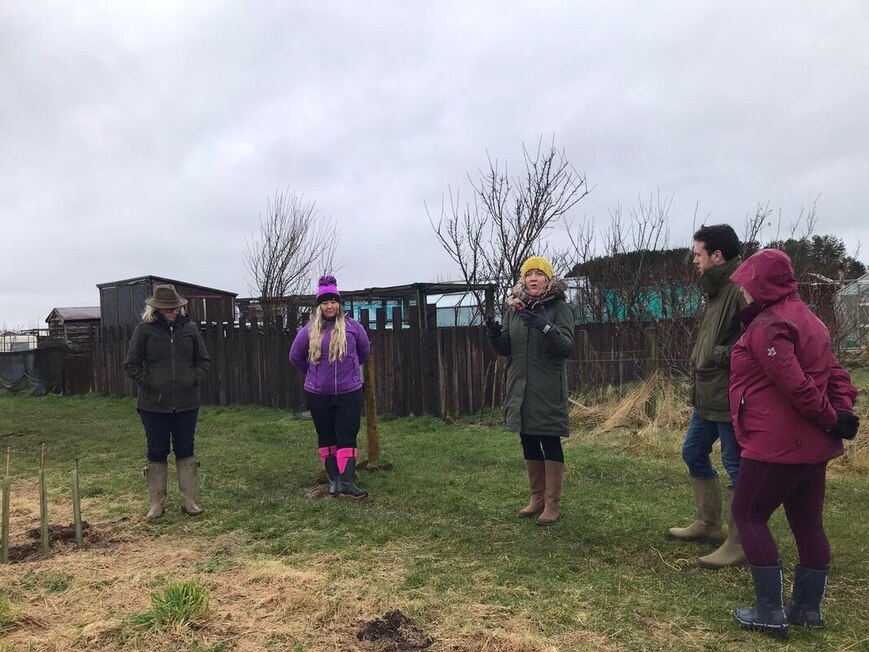
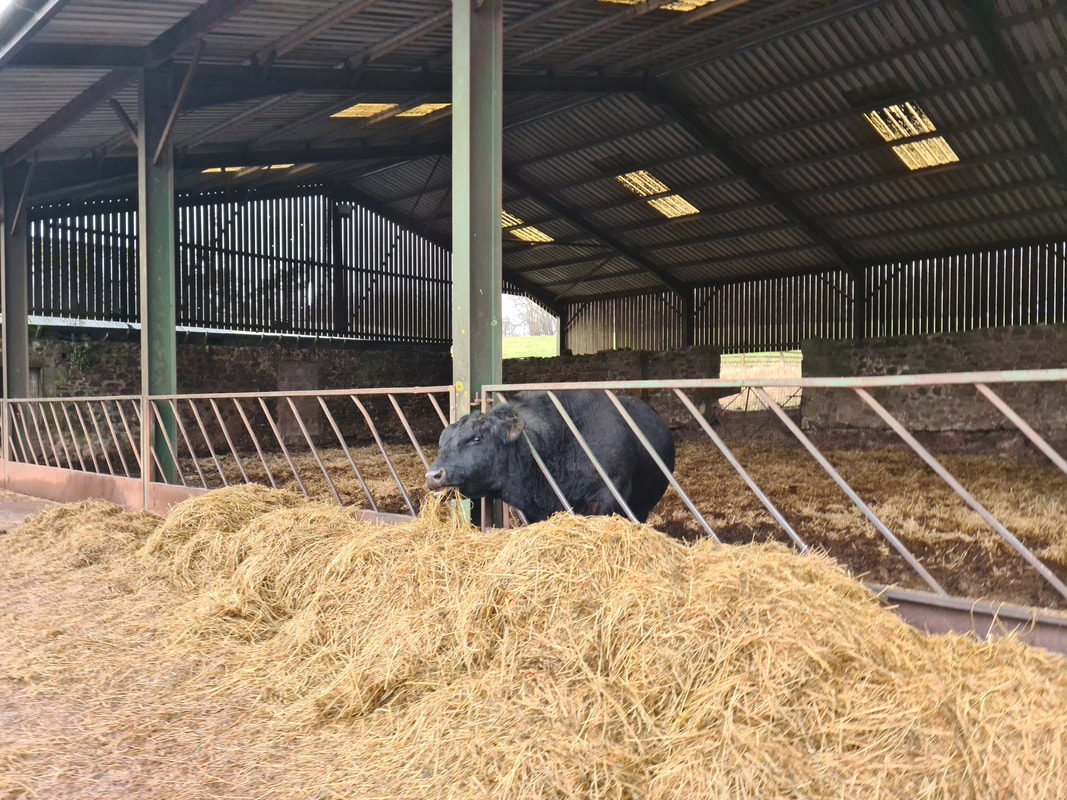
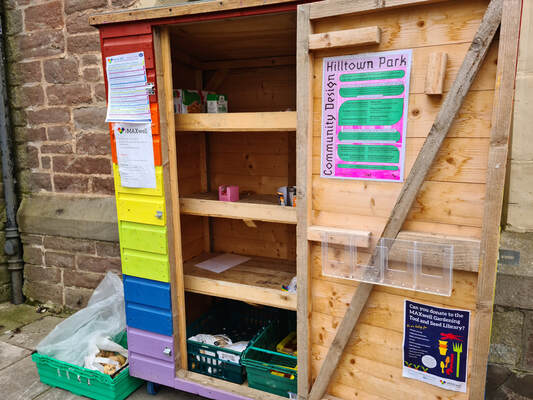
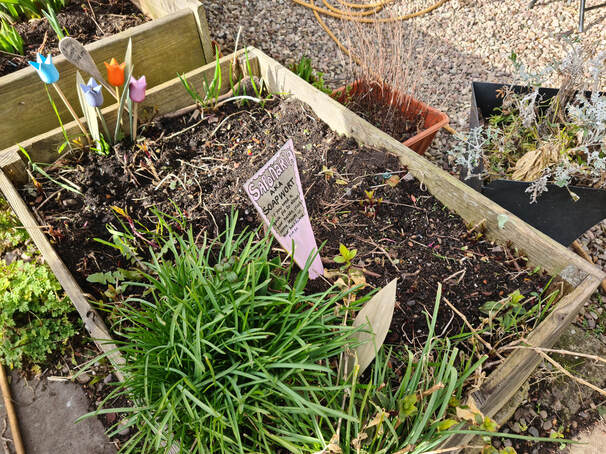
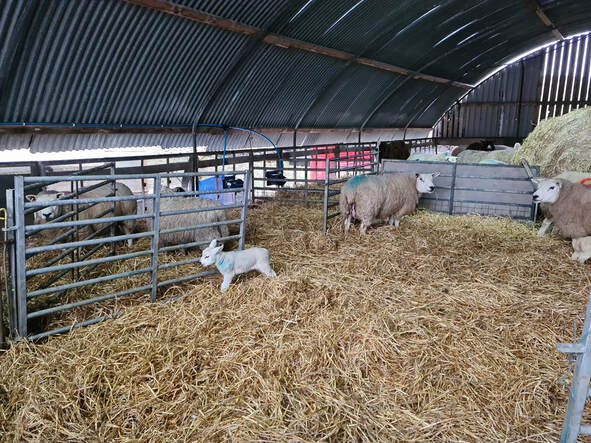
 RSS Feed
RSS Feed